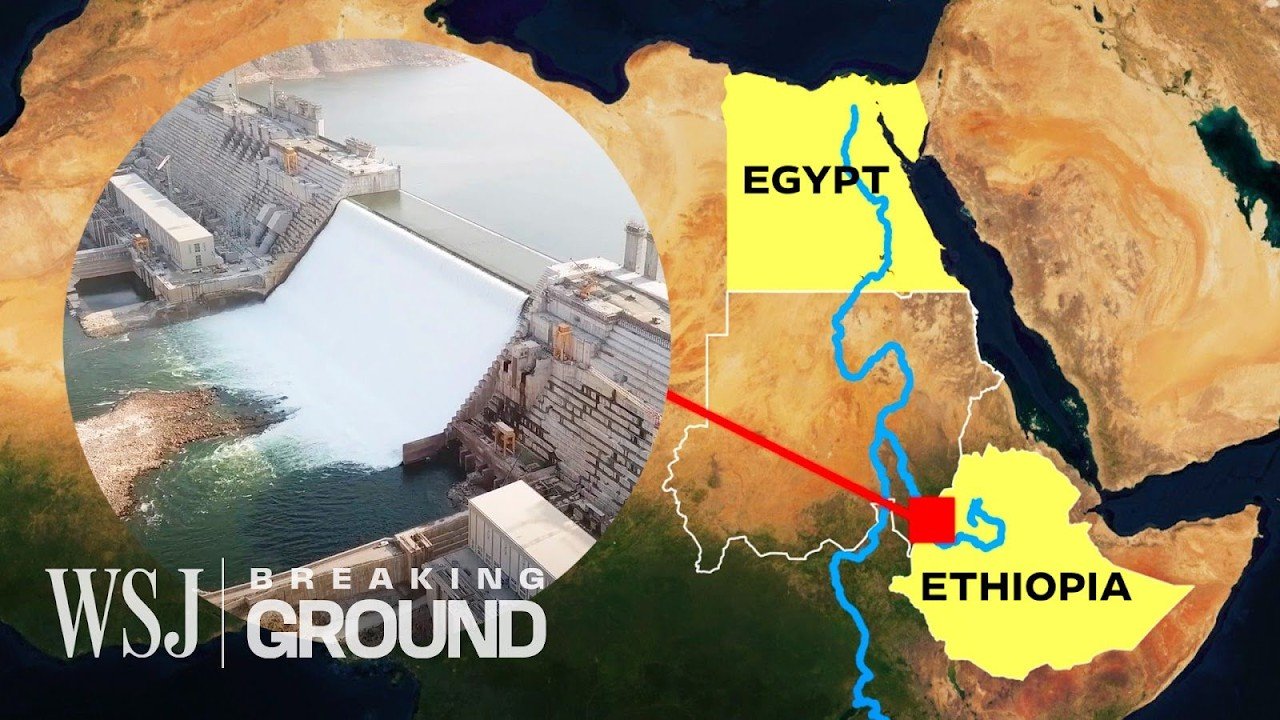The Grand Ethiopian Renaissance Dam (GERD), a $5 billion project on the Blue Nile, has become a focal point of tension among Ethiopia, Sudan, and Egypt. Ethiopia’s ambitions for the dam include doubling its electricity output, addressing its energy needs, and exporting power to neighboring countries, which could significantly boost its economy. However, downstream nations, Egypt and Sudan, express grave concerns over water scarcity and the potential impact on their agriculture and water supply. Despite repeated efforts, negotiations among the involved countries have yet to yield a lasting agreement on the dam’s operation and water allocation, raising fears of escalating conflict.
- The Grand Ethiopian Renaissance Dam is set to be Africa’s largest, aiming to produce over 5,000 megawatts of renewable energy and significantly impact Ethiopia’s economy.
- Egypt, which relies on the Nile for over 95% of its freshwater, views the dam as a threat to its water security, while Sudan is concerned about the potential impact on its own water supply and agriculture.
- Negotiations on the dam’s water usage have repeatedly failed, with Egypt not discounting military action as a response to unresolved issues.
- The dam, capable of storing 74 billion cubic meters of water, raises concerns for downstream countries due to Ethiopia’s reluctance to agree on guaranteed water flow amounts.
- Sudan seeks a legally binding agreement on the dam’s filling and operation to secure its water supply and mitigate flood risks, while also dealing with the challenges posed by an ongoing civil war.
- Egypt demands assurances that the Nile’s flow will not be significantly diminished, aiming to protect its critically water-stressed population.
- Despite the dam’s potential to alleviate Ethiopia’s foreign exchange shortage through energy exports, the project’s completion and operational strategy remain contentious among the Nile basin countries.
- Recent talks have collapsed without agreement, and the ongoing conflict in Sudan complicates diplomatic efforts to resolve the dispute.
- The dam is currently about 60% full, already generating electricity, with Ethiopia planning further fillings despite the absence of a consensus with its neighbors.
- Experts and stakeholders emphasize the need for compromise and fear the implications of unresolved tensions, including threats to regional security and the potential for military conflict.
The Wall Street Journal is an American business and economic-focused international daily newspaper based in New York City. The Journal is published six days a week by Dow Jones & Company, a division of News Corp.
AllSides Media Bias Rating: Center
https://www.allsides.com/news-source/wall-street-journal-media-bias
Official website: https://www.wsj.com
Original video here.
This summary has been generated by AI.

Leave a Reply